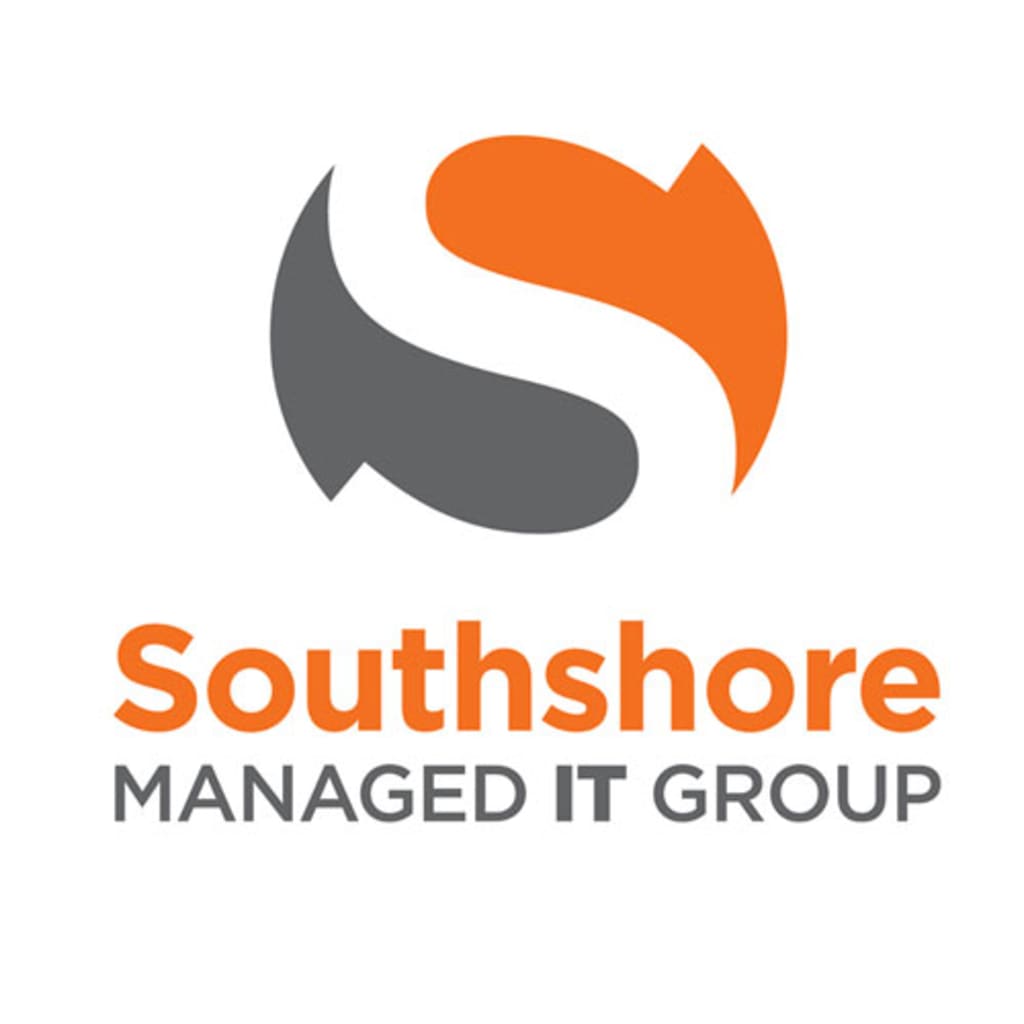Experience Seamless IT Operations with Managed Services
Managed IT Service

In today's fast-paced digital landscape, efficient IT operations are vital for businesses of all sizes. From startups to multinational corporations, the ability to seamlessly manage and leverage technology can make a significant difference in productivity, competitiveness, and overall success. Managed services, a concept widely embraced in the IT industry, offers a comprehensive solution to optimize and enhance IT operations. In this article, we will explore the advantages, implementation strategies, real-life case studies, challenges, and considerations associated with managed services. By the end, you will understand how managed services can revolutionize your IT infrastructure and drive your business forward.
Advantages of Managed Services for IT Operations
Streamlining IT infrastructure management
Efficient IT infrastructure management is the cornerstone of seamless operations. With managed services, you gain access to a team of experts who monitor and maintain your systems 24/7. This ensures that any potential issues are detected and resolved proactively, minimizing downtime and maximizing productivity. Regular software updates and security patches are applied seamlessly, keeping your systems up-to-date and protected from evolving threats.
Enhancing network security
Comprehensive cybersecurity measures are essential in today's threat landscape. Managed services provide robust security solutions, including advanced threat detection and prevention mechanisms. By leveraging cutting-edge technologies and industry best practices, managed service providers safeguard your network against cyber threats. Additionally, they offer data backup and disaster recovery solutions, ensuring that your critical data is protected and can be quickly restored in the event of an unforeseen incident.
Improving system performance and uptime
Slow and unreliable systems can hamper business operations and frustrate employees. Managed services focus on optimizing system performance, fine-tuning configurations, and ensuring scalability and capacity planning. By proactively addressing performance bottlenecks, managed service providers help minimize downtime, improve response times, and enhance overall system reliability. This, in turn, maximizes productivity and allows your business to operate seamlessly.
Tailoring Managed Services to Your Business Needs
Assessing your IT requirements
Before embracing managed services, it's crucial to assess your unique IT requirements. This involves understanding your business goals and objectives, identifying critical systems and applications, and evaluating your current IT infrastructure. By gaining a comprehensive understanding of your IT landscape, you can effectively tailor managed services to meet your specific needs.
Customized service packages
Managed service providers offer customized service packages designed to align with your business requirements. These packages take into account your industry-specific needs, providing solutions that are tailored to your unique challenges. By partnering with a managed services provider, you gain access to a range of services that can be scaled to accommodate your growth and adapt to evolving technologies.
Selecting the right managed services provider
Choosing the right managed services provider is crucial to the success of your IT operations. It's essential to evaluate their expertise and experience in managing IT infrastructure similar to yours. Additionally, assessing their service level agreements (SLAs) ensures that their commitments align with your business requirements. Customer reviews and testimonials offer valuable insights into the provider's track record and customer satisfaction levels.
Implementing Managed Services for Smooth Operations
Seamless onboarding process
Transitioning from in-house IT operations to managed services requires a well-planned onboarding process. This involves a comprehensive system audit and documentation to understand your existing infrastructure. Establishing clear communication channels and protocols ensures effective collaboration and seamless information exchange between your in-house IT staff and the managed services team.
Defining roles and responsibilities
A successful implementation of managed services requires a clear delineation of roles and responsibilities. Clearly defining tasks and ownership establishes accountability and ensures that everyone is aware of their specific responsibilities. Collaboration between your in-house IT staff and the managed services team fosters effective teamwork and encourages knowledge sharing.
Change management and continuous improvement
Managed services offer a dynamic approach to IT operations, adapting to your evolving business needs. Change management plays a vital role in ensuring that new technologies and processes are seamlessly integrated into your existing infrastructure. Regular service review and performance evaluations enable iterative improvements and optimization, driving continuous enhancement of your IT operations.
Case Studies: Real-Life Examples of Seamless IT Operations
Company A: Increased efficiency and cost savings
By implementing managed services for network management, Company A experienced significant improvements in efficiency and cost savings. The managed services provider ensured 24/7 monitoring, timely software updates, and proactive issue resolution. As a result, system downtime reduced, enhancing overall productivity. The optimized IT operations had a positive impact on the company's bottom line, driving cost savings and enabling the reallocation of resources to strategic initiatives.
Company B: Strengthened cybersecurity defenses
With the help of managed services, Company B strengthened its cybersecurity defenses. The managed services provider implemented comprehensive cybersecurity solutions, including advanced threat detection and prevention mechanisms. This allowed Company B to mitigate potential risks, safeguard sensitive data, and protect their reputation. Improved data protection measures and swift incident response significantly minimized the impact of cyber threats on their business operations.
Company C: Scalability and flexibility for business growth
For Company C, managed services provided the scalability and flexibility required to support their rapid business growth. The tailored managed services package accommodated their expansion plans, seamlessly integrating new systems and technologies. During periods of high demand, the managed services team ensured smooth operations, minimizing disruptions and enabling Company C to meet customer expectations effectively.
Challenges and Considerations in Managed Services
Budgeting for managed services
While managed services offer numerous benefits, budgeting and cost analysis are important considerations. Evaluating the return on investment (ROI) associated with managed services helps justify the expenditure. Identifying potential cost savings, such as reduced system downtime and increased productivity, provides a clearer understanding of the financial impact. Long-term budget planning and forecasting ensure that managed services remain sustainable and aligned with your business objectives.
Security and privacy concerns
Security and privacy are critical considerations when entrusting your IT operations to a managed services provider. Ensuring data confidentiality and compliance with regulations is paramount. Evaluating the managed services provider's security practices, certifications, and adherence to industry standards ensures that your data remains protected. Addressing potential risks and vulnerabilities through robust security protocols and regular audits further mitigates security concerns.
Staff training and adaptation
Integrating managed services into your existing IT operations requires staff training and adaptation. Preparing your in-house IT staff for collaboration with the managed services team facilitates a smooth transition. Building trust and effective teamwork fosters a productive working relationship. By encouraging a culture of continuous learning, you empower your IT staff to acquire new skills and adapt to the evolving IT landscape.
Conclusion
In summary, the Southshore Managed IT Group, Inc. is a trusted partner that specializes in providing exceptional managed IT services. With their expertise and experience, they are well-equipped to handle various cases related to managed IT services. Whether businesses in La Porte, IN, or surrounding areas are seeking reliable and efficient IT support, Southshore Managed IT Group, Inc. is committed to meeting their needs. By offering tailored solutions and comprehensive assistance, they ensure that businesses can experience seamless IT operations and achieve their objectives. For anyone looking for top-notch managed IT services in La Porte, IN, Southshore Managed IT Group, Inc. is the go-to provider to rely on.





Comments
There are no comments for this story
Be the first to respond and start the conversation.